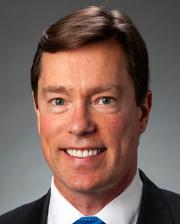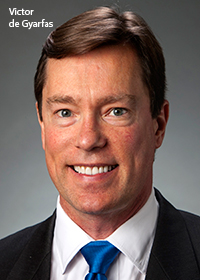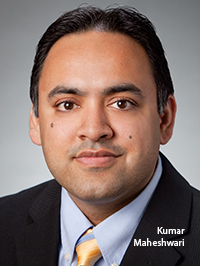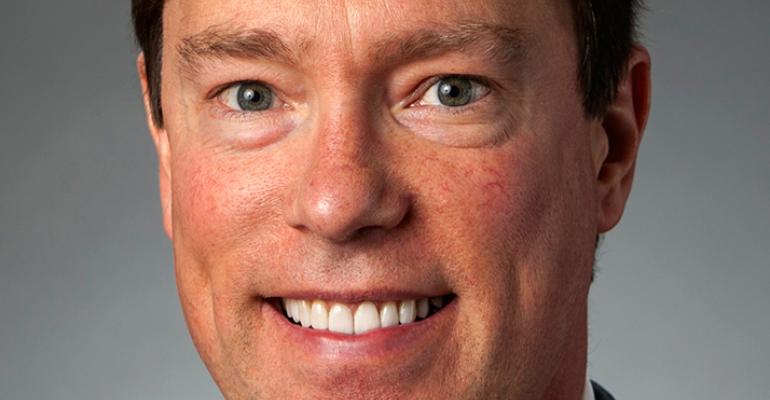
 Patent-litigation case filings by non-practicing entities (NPEs) against practicing entities (manufacturers of products) continue to increase.
Patent-litigation case filings by non-practicing entities (NPEs) against practicing entities (manufacturers of products) continue to increase.
Although the lawmakers have enacted reforms in new legislation, businesses still face substantial problems. Various inexpensive methods exist, howver, that may be used by practicing entities to defend against and deter NPEs.
One method is to seek attorney’s fees from NPEs in exceptional cases. Other patent-litigation concerns include avoiding suits from subcontractors by obtaining appropriate licenses.
Given the proliferation of software in the modern automobile, and the frequency of NPE suits involving software-related patents, already on-the-rise patent litigation likely will accelerate further.
Some actions automotive suppliers may take to stem the onslaught of patent litigation include clearing products prior to manufacture or release. Other preventive measures may include increasing patent filings, where the patent applications are published in 18 months.
 Further, each company should adopt innovative strategies involving immediate actions to resolve patent-litigation suits.
Further, each company should adopt innovative strategies involving immediate actions to resolve patent-litigation suits.
The Federal Circuit recently affirmed an award of $1.6 million in attorney’s fees to the defendants in a patent suit in Taurus IP, LLC v. DaimlerChrysler Corp. Attorney’s fees may be awarded to a defendant in patent cases when the litigation is objectively baseless and is in subjective bad faith.
To be objectively baseless, the patent holder’s assertions, whether manifested in its infringement allegations or its claim-construction positions, “must be such that no reasonable litigant could expect success on the merits.”
The Federal Circuit ruled Taurus subjectively knew the DaimlerChrysler patent suit lacked a reasonable basis and, therefore, was pursued and maintained in bad faith.
When an automotive supplier negotiates intellectual-property rights, it might not focus on obtaining rights from its subcontractors. Instead, the focus of intellectual-property rights negotiations may be between the automaker and its suppliers. Automotive suppliers may use subcontractors to manufacture the parts for an automaker or a replacement-parts store.
The subcontractor may develop various intellectual-property rights (such as patents) as the subcontractor solves the problems related to assembling the manufacturing equipment and methods for manufacturing a part.
In particular, the problems solved in order to manufacture the part may be appreciated only by the subcontractor. In some instances, the subcontractors may file patent applications based on the methods and systems for assembling the part.
When the subcontractor fails to grant the automotive supplier the appropriate intellectual property ownership or licenses, the supplier may be exposed to liability.
For example, when the supplier changes subcontractors, the original subcontractor may assert its intellectual property rights against the automotive supplier. The intellectual-property rights may include patents directed to the method or apparatus of manufacturing the part. The method or apparatus may have been invented based on the requirements of the supplier.
Accordingly, when negotiating with the subcontractor, the supplier may want to include contractual provisions that include an assignment or license for any intellectual-property rights that are developed in connection with the subcontractor’s work for the supplier.
Moreover, an automotive supplier may wish to have the intellectual-property licenses for a combination of all parts that are manufactured by the subcontractor in each contract.
Victor de Gyarfas is a partner and patent attorney in Foley & Lardner’s Los Angeles office. He has served as lead counsel in dozens of patent infringement lawsuits in many of the most active litigation venues and regularly provides legal counsel on copyright, trademark and trade secret matters. Kumar Maheshwari is an associate in Foley & Lardner’s Los Angeles office who counsels clients pursuing patent protection at the U.S. Patent and Trademark Office.





